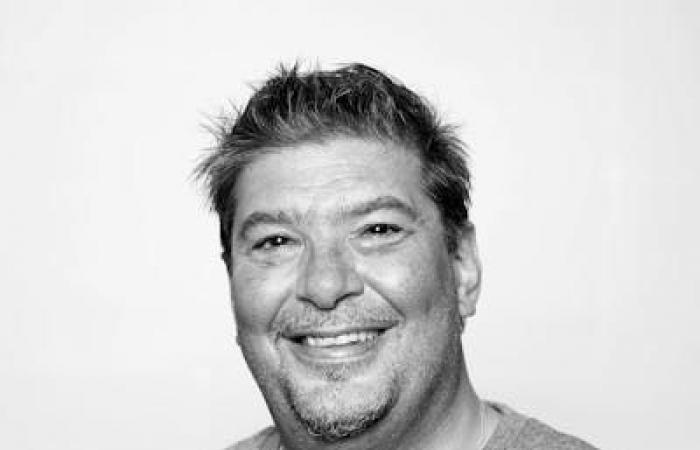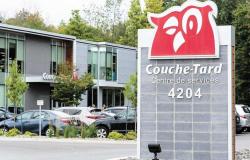“I bought a house and created a vegetable garden… Well, it’s not really a success,” smiles Célia. So I wanted to learn, through these workshops which correspond to my values in terms of sustainable development.” Like around twenty other people, this state civil servant embarked on an introduction to agroecology offered for the first time by the University of Geneva (UNIGE), since the end of September.
For a total price of 40 francs for students at 80 francs. for people outside UNIGE, six modules offer advice and techniques related to arboriculture, viticulture and market gardening. They are run by producers from the canton, within their farms. Winner of the U Change academic program, the project comes from master’s students at the Institute of Environmental Sciences.
Environmental protection and the climate emergency are arousing growing interest among the population in their relationship to the earth, hence this offer, explains Zsolt Maurer, co-creator of the workshops. “There is a fashion effect and an activist side, it’s true. The participants are involved, they share a strong bond with nature and above all, they question their consumption.”
Agroecology thus extols the virtues of sustainable, seasonal, short-circuit supply. Production is done without chemicals, with limited use of tractors and other gasoline-powered combine harvesters, in order to reduce the carbon footprint. All in “human-sized” farms, often with collective governance.
In this context, “we offer practical and accessible training to amateurs who want to get their hands on the ground but who often do not know what that really means,” adds Nina Michael, another mastermind of the project.
Educational, the objective is not to sell dreams, bounces back Zsolt Maurer. “We give suggestions to the participants, without hiding from them that working the land involves many difficulties – financial or organizational, in particular. It’s also hard, physically,” explains this farmer’s son. Who wants to remain humble: “We want to provoke reflection, to make choices in terms of consumption. But we don’t claim to have the truth.”
AgriGenève: a congratulations and a downside
The farmers’ umbrella organization takes a rather benevolent look at these workshops. “They aim to introduce – in particular to urban and committed amateurs – a particular model of agriculture, which constitutes a complementary offer; in this sense, this initiative is beneficial,” appreciates Héloïse Candolfi, director of AgriGenève. Although a minority, agroecology has been promoted for several years by the authorities. According to the manager, there is a limit that must not be exceeded: “This mode of exploitation cannot constitute a priority objective; its yield remains low, even though we must maintain the current rate of self-sufficiency to feed the population.”






